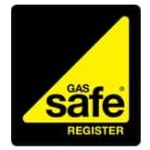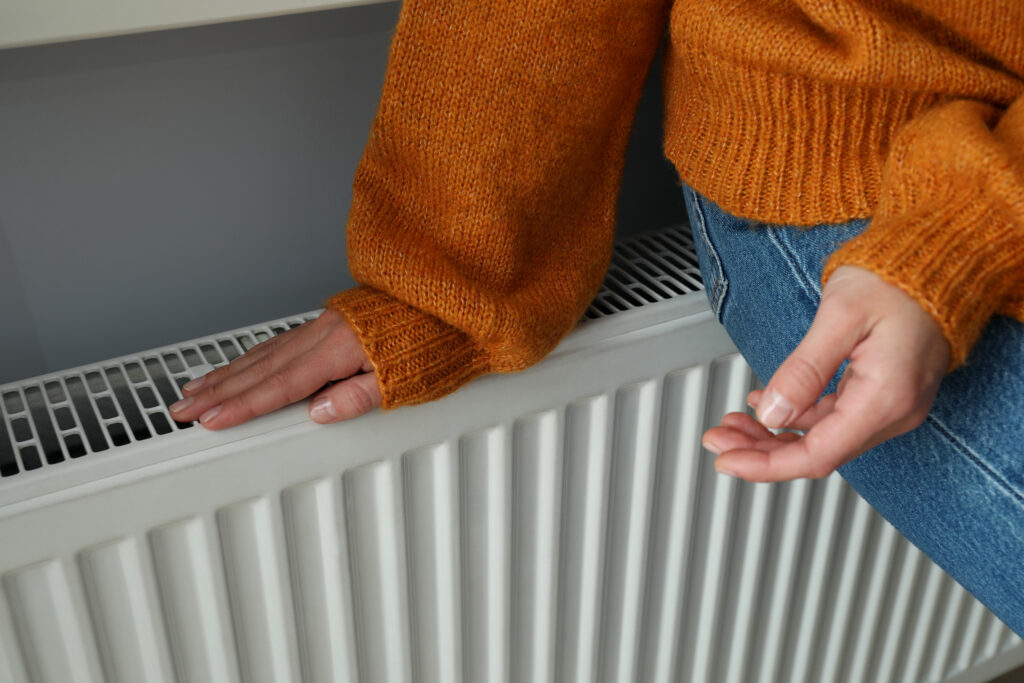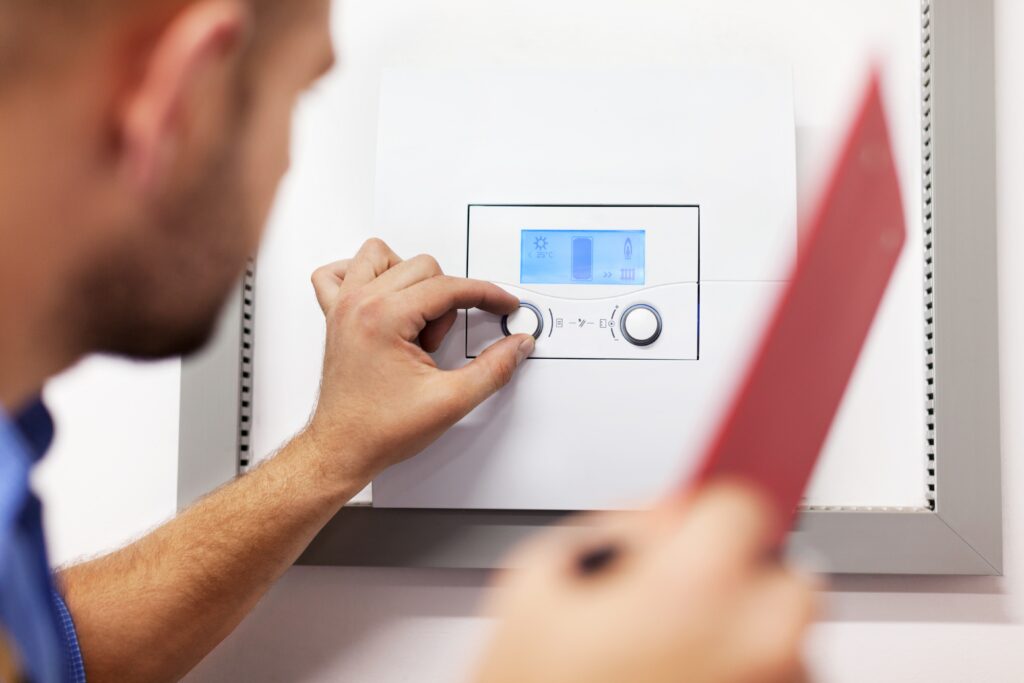Boilers are the heart of any home heating system, particularly during the colder months. However, like any piece of technology, they can occasionally run into issues. One common problem homeowners encounter is the E1 fault code. If your boiler is flashing E1, it’s a clear sign that something needs attention. This blog explains what the E1 code means, the possible causes, and how you can address or prevent this issue.
Understanding the E1 Fault Code
The E1 fault code is a generic error that typically indicates low water pressure within the boiler system. Boilers require adequate water pressure to function efficiently. If this pressure drops below a certain threshold, the boiler will stop working as a safety measure.
Low water pressure can prevent the boiler from heating your home or water effectively, leaving you with cold radiators or no hot water. Recognising the E1 fault code promptly allows you to resolve the issue before it escalates.
Why Is My Boiler Flashing E1?
If your boiler is flashing E1, it’s alerting you to an issue, most commonly:
- Low Water Pressure
- Boilers operate best with a pressure between 1.0 and 2.0 bar. Anything below this range often triggers the E1 code.
- Leaks in the System
- Leaks in radiators, pipework, or even inside the boiler can reduce water pressure, leading to an E1 error.
- Faulty Pressure Sensor
- A defective sensor might incorrectly detect water pressure, causing the boiler to display the E1 code even when pressure levels are normal.
- System Blockages
- Sludge, debris, or limescale buildup in the system can restrict water flow and reduce pressure.
How to Fix the E1 Fault Code
If you see the E1 fault code on your boiler display, follow these steps:
Check the Boiler Pressure Gauge
Most boilers have a pressure gauge located on the front panel or beneath the casing.
- Normal Range: The needle should sit between 1.0 and 2.0 bar when the system is cold.
- If it’s below 1.0 bar, the pressure needs to be increased.
Repressurize Your Boiler
To restore normal pressure:
- Locate the Filling Loop: This is usually a small valve or lever beneath the boiler.
- Open the Valve: Slowly turn the valve to allow water to enter the system.
- Monitor the Gauge: Watch the needle rise to the correct pressure.
- Close the Valve: Once pressure is restored, turn off the valve to avoid overpressurising.
Note: Consult your boiler manual for exact instructions, as the process can vary by make and model.
Inspect for Leaks
Leaks are a common cause of low pressure. Check the following areas:
- Radiator valves
- Visible pipework
- Around the boiler unit
If you discover a leak, you’ll need a Gas Safe registered engineer to repair it.
Reset the Boiler
Once you’ve addressed the pressure issue, reset your boiler. This will often clear the E1 fault code and restore normal operation.
Call a Professional
If repressurizing doesn’t fix the issue, or if you’re unsure about handling the boiler yourself, contact a qualified heating engineer. At Heat-Tec, our team of professionals can diagnose and resolve boiler faults quickly and safely.
Preventing the E1 Fault Code
Taking preventative measures can save you from the inconvenience of a boiler flashing E1:
Regular Maintenance
Schedule annual servicing to ensure your boiler operates efficiently. A professional can identify potential issues before they cause system failure.
Monitor Water Pressure
Check your boiler’s pressure gauge periodically. If the pressure drops frequently, there may be an underlying issue that needs professional attention.
Bleed Radiators Carefully
Bleeding radiators releases trapped air but can also reduce system pressure. Always check and adjust the boiler pressure after bleeding your radiators.
Address Leaks Promptly
Even minor leaks can lead to significant drops in pressure over time. Fixing leaks early can prevent the E1 fault code from appearing.
Common Questions About the E1 Fault Code
1. Is the E1 Fault Code Dangerous?
No, the E1 fault code is not dangerous. It’s a safety feature designed to protect your boiler and home. However, you should address the issue promptly to restore heating and hot water.
2. Can I Fix the E1 Code Myself?
In many cases, you can fix the issue by repressurizing the boiler or resetting it. However, if the fault persists or involves leaks, seek professional help.
3. Why Does My Boiler Keep Flashing E1?
If your boiler repeatedly shows the E1 fault code, it could indicate a persistent issue such as a slow leak, a faulty sensor, or system blockages. Contact an engineer for a thorough inspection.
4. How Much Does It Cost to Fix the E1 Fault Code?
Costs vary depending on the cause. Simple fixes like repressurising are free, but repairing leaks or replacing parts may come at a cost.
5. Do All Boilers Show the E1 Code for Low Pressure?
Not necessarily. The fault codes vary by manufacturer. Always refer to your boiler’s manual for specific error code meanings.
6. How Often Should I Check My Boiler Pressure?
Check the pressure gauge monthly or if you notice any drop in heating performance.
Why Choose Heat-Tec for Boiler Repairs?
At Heat-Tec, we specialise in boiler repairs and maintenance across the UK. Whether your boiler is flashing E1 or you’re experiencing another fault, our Gas Safe registered engineers are ready to help. Here’s why homeowners trust us:
- Expertise: Decades of experience in heating systems.
- Efficiency: Fast and reliable service to restore your comfort.
- Transparency: Clear pricing with no hidden costs.
- Customer-Centric: We prioritise your safety and satisfaction.
Thanks For Reading Today’s Blog
The E1 fault code is a common boiler issue, often caused by low water pressure. While it can be resolved quickly in many cases, it’s essential to address it promptly to maintain your heating and hot water systems. Regular maintenance, monitoring pressure levels, and seeking professional help when needed can keep your boiler running smoothly.
If you’re struggling with a boiler flashing E1, don’t hesitate to contact Heat-Tec for expert advice and repairs. Our team is here to ensure your home stays warm and comfortable all year round.






